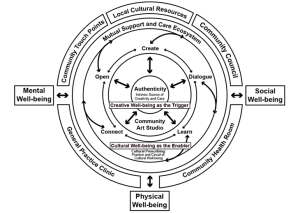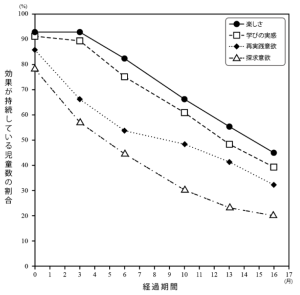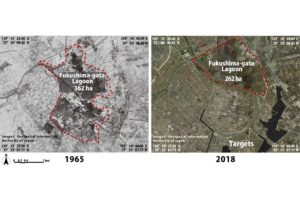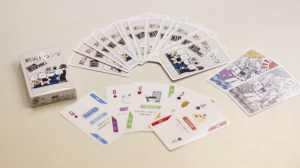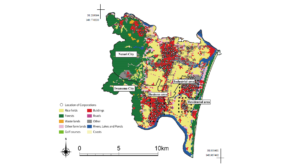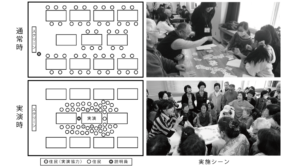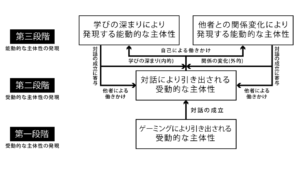Abstract
In large scale disasters, the damage suffered differs according to individual situations and judgments. This issue of students experiencing different situations and judgments in their daily lives is important when teaching behavior and attitude for disaster prevention at school. It is essential that not only do students learn but teachers are also able to teach the correct behavior and attitude. Consequently, the authors developed an interactive dialog educational tool, “Bousai-trump,” to enable individuals to express and share their experiences of and thoughts on dangerous situations. Participants switch between being the speaker or the learner depending on the cards played, which can be an effective educational tool in disaster prevention classes.
In this paper, we present the implementation of Bosai-trump in disaster prevention classes for third-year students at Oyama Junior High School in Sagamihara City, Kanagawa Prefecture. We then evaluate its effectiveness based on the results of a questionnaire survey.
The results confirmed that students learned from each other through the dialog in the classes. They understood the rules of and enjoyed playing the game, which demonstrated a positive relationship between “Enjoyment” and “Learning from others.” Moreover, it was revealed that students were aware of their spontaneous actions and would like to take time to think about disaster prevention. Although some improvements are still needed, the results suggest it is possible to enhance students’ intrinsic motivation by using Bousai-trump for disaster prevention classes. Some students did not recognize that “my story is beneficial to others”; however, if teachers outline how “most students are able to learn from the stories of others” afterwards, students will believe that they can help enhance disaster prevention awareness among their fellows. It is possible, therefore, that increasing students’ self-efficacy may be one factor for enhancing their intrinsic motivation.
This Article is in Press.

 日本語
日本語

